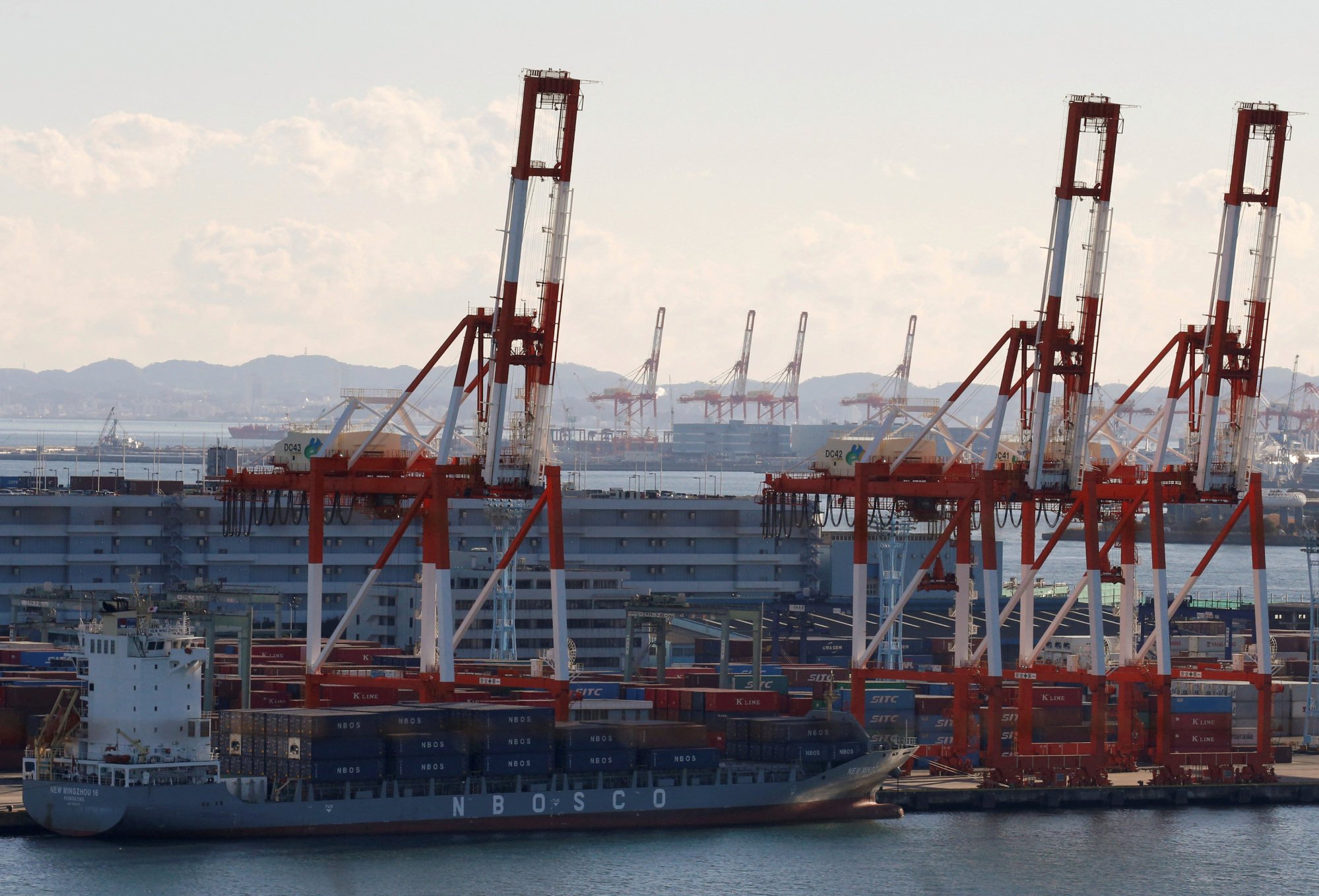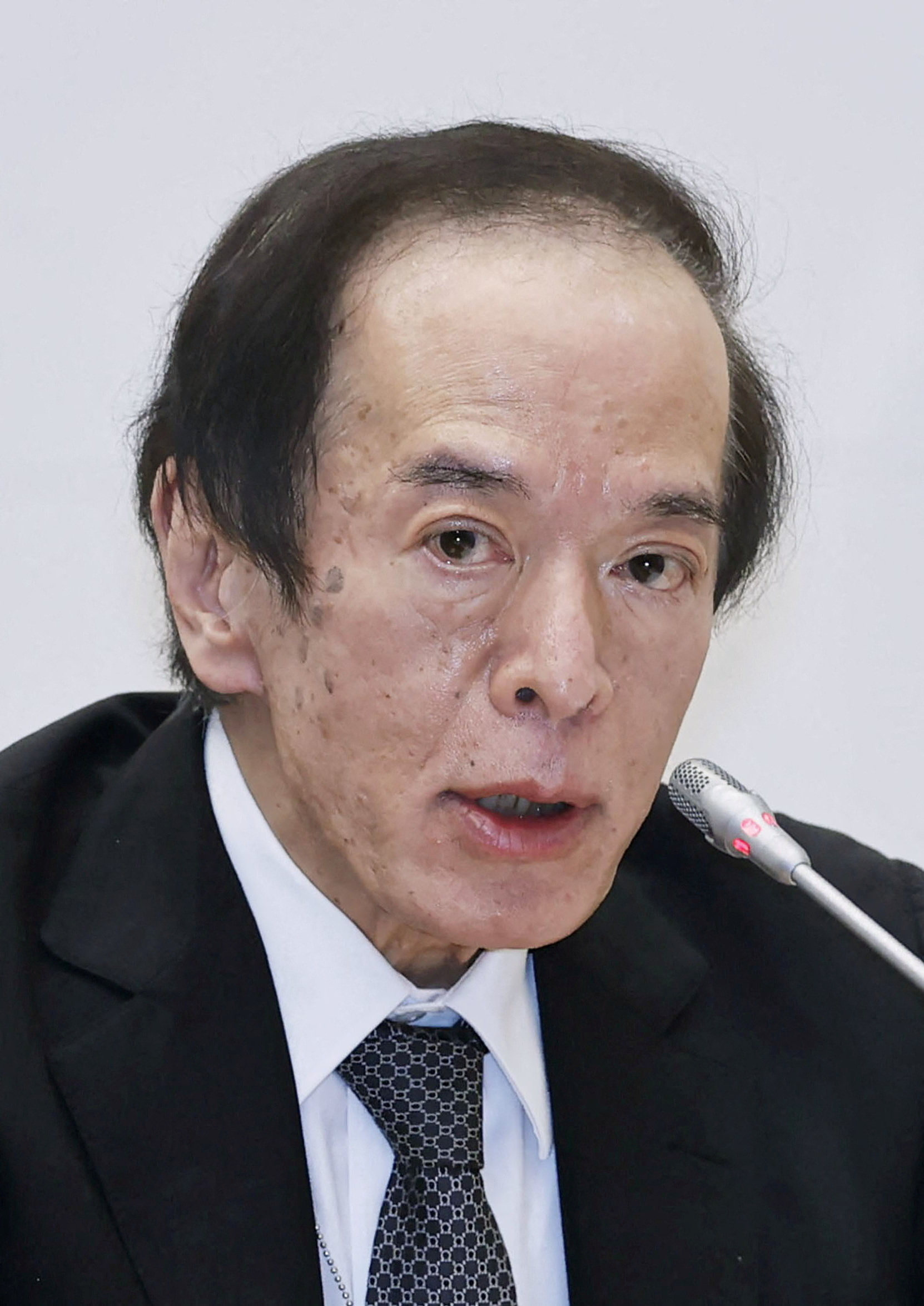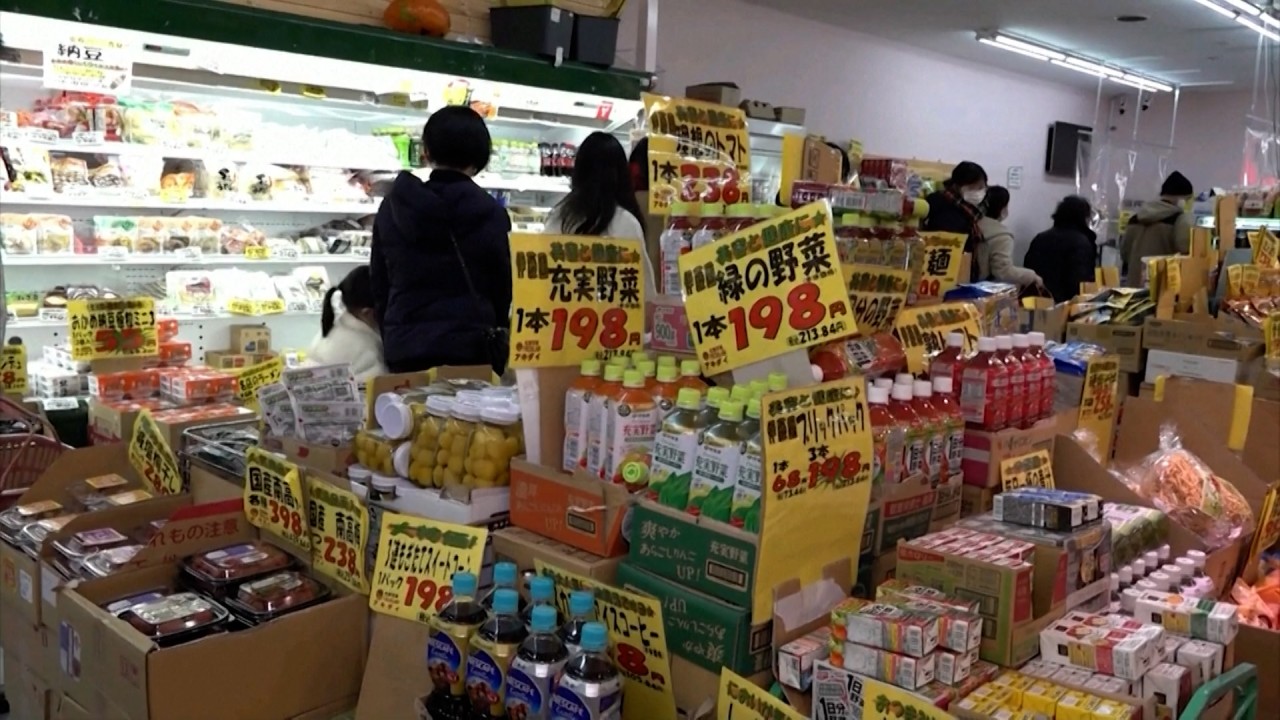
New BOJ governor’s No 1 challenge is to ensure its policy benefits the Japanese people
- Kazuo Ueda, an academic and an economist, can expect alien territory, and a very tough job trying to shift Japan out of its long-held zero-rate policy
- Most importantly, he must ensure any policy changes are good for the people
In a break with tradition, the next governor of the powerful Bank of Japan (BOJ) is an economics professor. Kazuo Ueda, nominated last week by Japanese Prime Minister Fumio Kishida as the next BOJ governor, will be an exception after a line of predecessors who have customarily been long-serving finance ministry bureaucrats or central bank officials.
Since 2012, the Nikkei index has more than doubled in value, the yen has eased by more than 60 per cent against the dollar, and unemployment has shrunk to 2.6 per cent, from 4.3 per cent. But critics see the plan as having boosted the assets of high-net-worth individuals while having little positive effect on ordinary Japanese.
Macroeconomic data has been less than encouraging since the government increased the consumption tax, first in April 2014 to 8 per cent from 5 per cent, then to 10 per cent in October 2019. The gross domestic product, trade deficit, BOJ’s Tankan survey of business conditions and other economic markers have also worsened. But this may have been the result of fiscal policy mistakes, rather than BOJ policy.

Still, economists, market players and the media have pounced upon Kuroda, blaming the central bank governor for sticking to the ultra-loose monetary policy he embarked upon 10 years ago while Japan’s economy suffered.
His successor, Ueda, boasts excellent credentials: he is a famous macroeconomist and a distinguished expert in financial theory. But a far more important quality for the job may be his natural business intelligence.
When I worked at the BOJ in the late 1990s, my team struggled with the completion and introduction of different settlement methods for securities. We focused on making a better system under the BOJ and related laws. But Ueda suggested this instead: “Don’t stick to the current law because Japanese people can change it through the Diet. The better idea is the one [that works] for all people, not [just] for the central bankers.”
Kazuo Ueda joins Japan’s central bank at a policy crossroads
Ueda also has a task-oriented mind. He was an outside director – an independent, non-executive director – at the Development Bank of Japan (DBJ) when it became a privatisation target, though the government later changed its mind and halted the process.
Coincidentally, I was also working there, and he advised the DBJ to keep supporting Japanese industries based on the “Japan first” idea.
As BOJ governor, Ueda will face multiple challenges, including rising inflation. But rather than agonise over the different stances expressed over central bank policy, he must instead think profoundly and adventurously, with a free and flexible mind.

It is not so critical whether he unwinds the long-held ultra-loose monetary policy. What is crucial is that his focus is on helping Japanese people on the ropes.
There is an opportunity, however, to advance the third arrow of Abenomics, to grind away at the bedrock of regulation protecting the vested interests that flourished in Japan’s economy once, but are now merely zombies.
What awaits Ueda is alien territory, and a very tough job. But his farewell speech after the BOJ policy board meeting in April 2005 suggests he more than has it in him.
“There is no doubt that this was a rare and extremely difficult time for a central bank ... but I think as a policymaker I should consider myself really lucky to have come at such a time,” he said. An attempt to exit from the zero-interest-rate policy would no doubt encounter many problems ahead, he said, but if BOJ officials fail to make the policy exit, they would face even more difficulties.
The policy exit would be a challenge, but the next BOJ governor might just relish it.
Yoshihiro Sakai is adviser to the Office of the President at the University of Tokyo. He is a former market operation officer at the Bank of Japan and a senior economist


